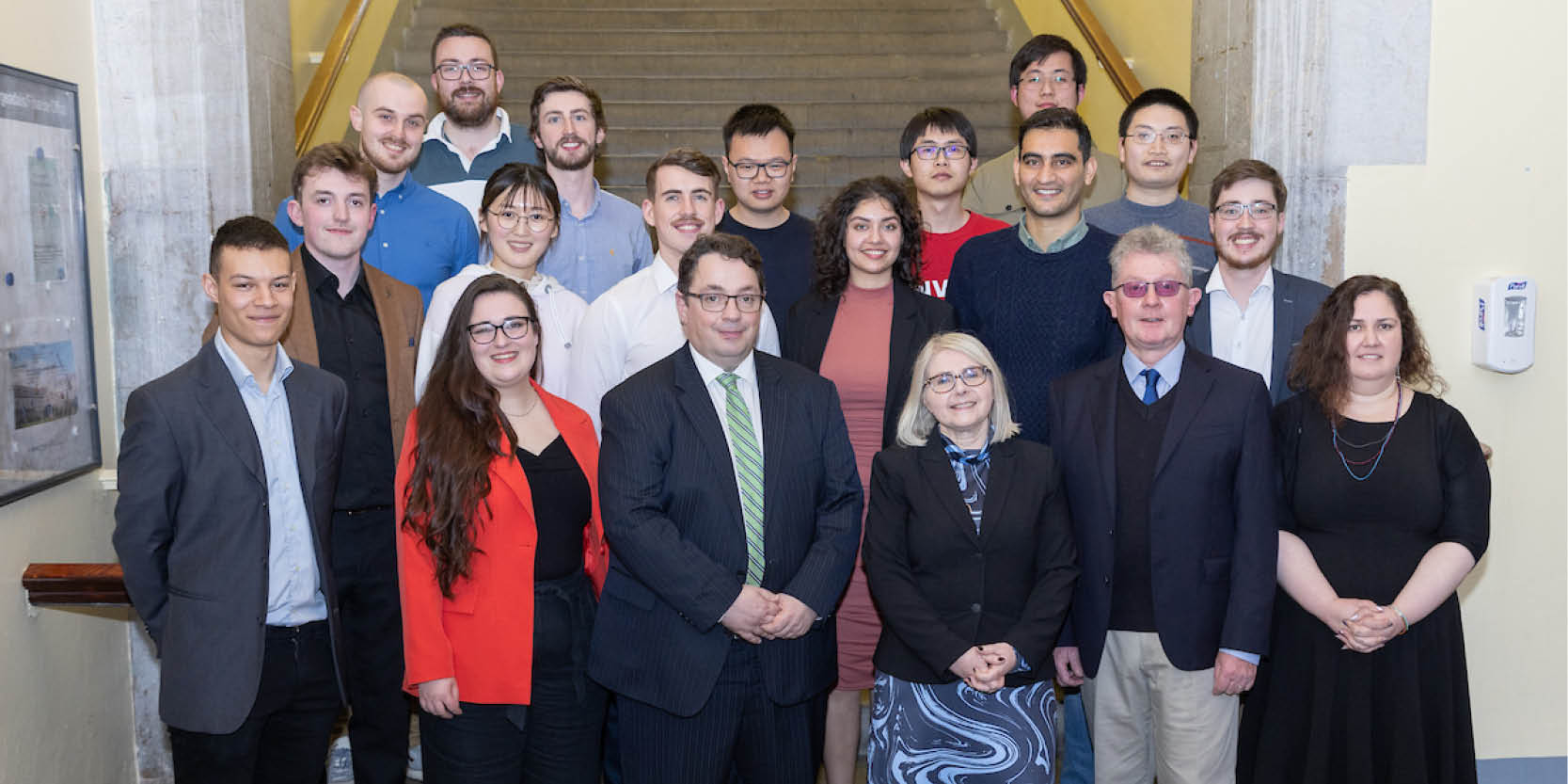In This Section
- Home
- About the College
- Governance
- College Committees & Steering Groups
- College Assembly
- College Council
- College Executive Management Committee
- College Academic Programmes and Curriculum Development Committee
- College Graduate Studies Committee
- College Research & Innovation Committee
- College Teaching Learning and Student Experience Committee
- College Student Recruitment and Outreach Committee
- College Sabbatical Research Leave Committee
- College of SEFS Adjunct Appointments Committee
- International Education Committee
- College Postgraduate Student Committee
- Athena SWAN Steering Group
- College Committees & Steering Groups
- Human Resources
- UCC STEM Awards
- Scholarships and Prizes
- Women in STEM Panel Talks
- Inaugural Professorial Lectures
- Athena SWAN in SEFS
- Proposal Calls
- Contact Us
- Science in Society Public Lecture Series
- Governance
- News
- Staff
- Schools and Departments
- Current Students
- Undergraduate Courses
- Postgraduate Courses
- International Students
- Research and Innovation
- Employability and Careers
- Outreach and Public Engagement
- Science Week
- Transition Year Programmes
Celebration for Professor Séamus Davis

A special reception was held to honour Professor Séamus Davis, School of Physics, on receiving the American Physical Society’s Oliver E. Buckley Prize in Condensed Matter Physics.
This is an accolade that recognises 25 years of work and Professor Davis’ development of quantum microscopes that allow direct atomic scale imaging of quantum matter existing within advanced materials. The prize has been awarded annually since 1953, and a total of 18 recipients of the Buckley Prize have also won the Nobel Prize in Physics in the past 70 years.
Professor Davis is pioneering a research programme at UCC and Oxford University in a joint appointment supported by Science Foundation Ireland (SFI), that is advancing the field of quantum physics. He and his team have developed a spectroscopic imaging-scanning tunnelling microscope (STM) in their lab in the Kane Building, which is one of just six such machines in the world.
College of Science, Engineering and Food Science
Coláiste na hEolaíochta, na hInnealtóireachta agus na hEolaíochta Bia
Contact us
Block E, Level 3, Food Science Building, UCC, Cork, T12 YN60.
